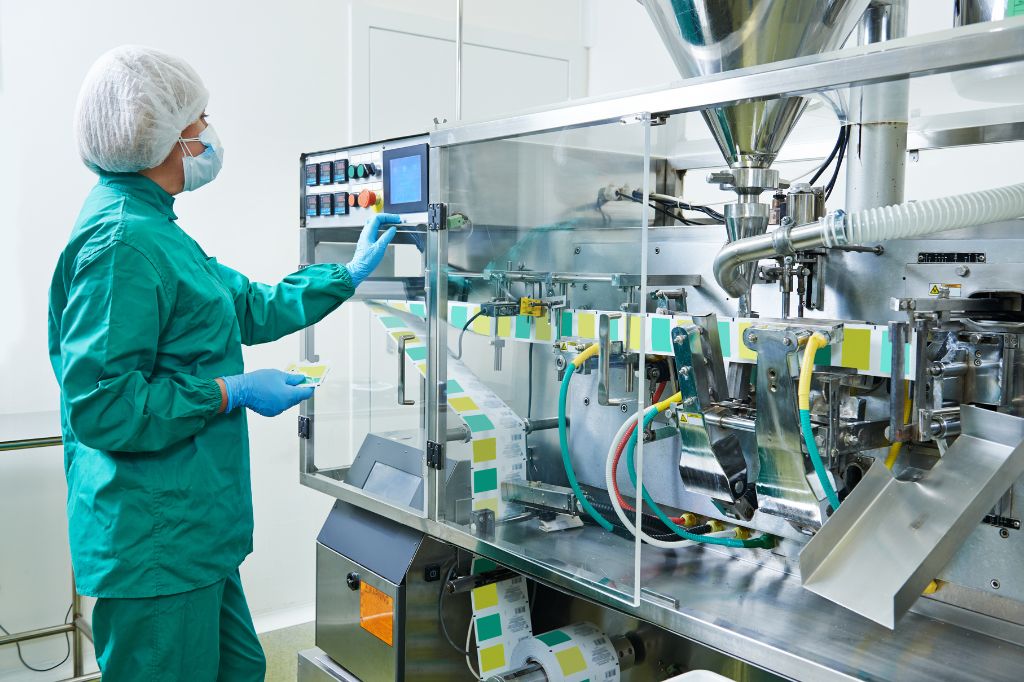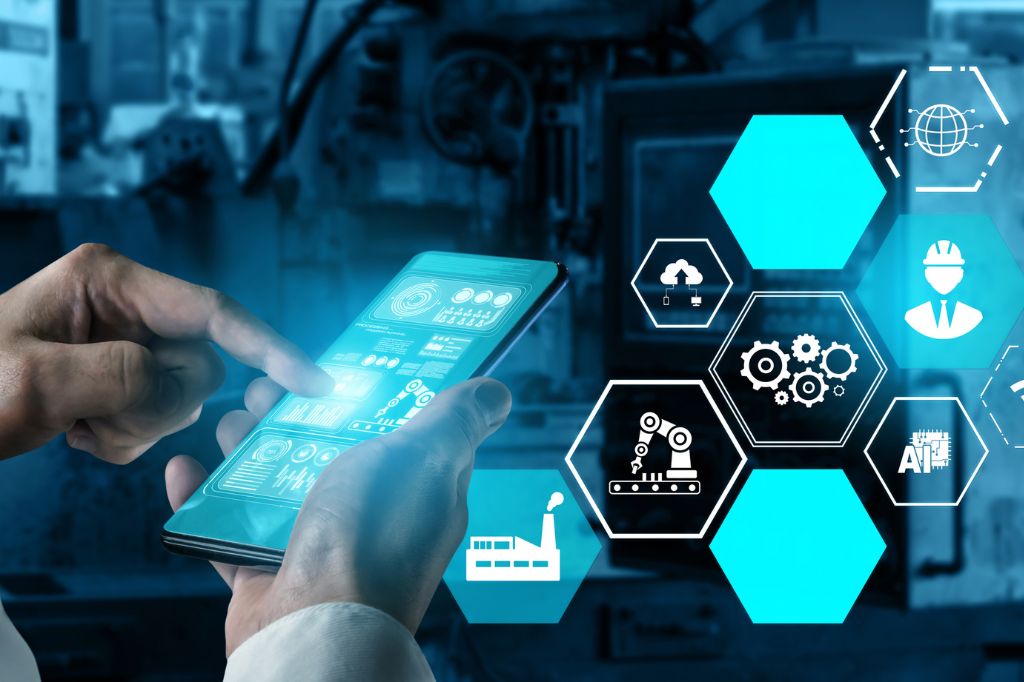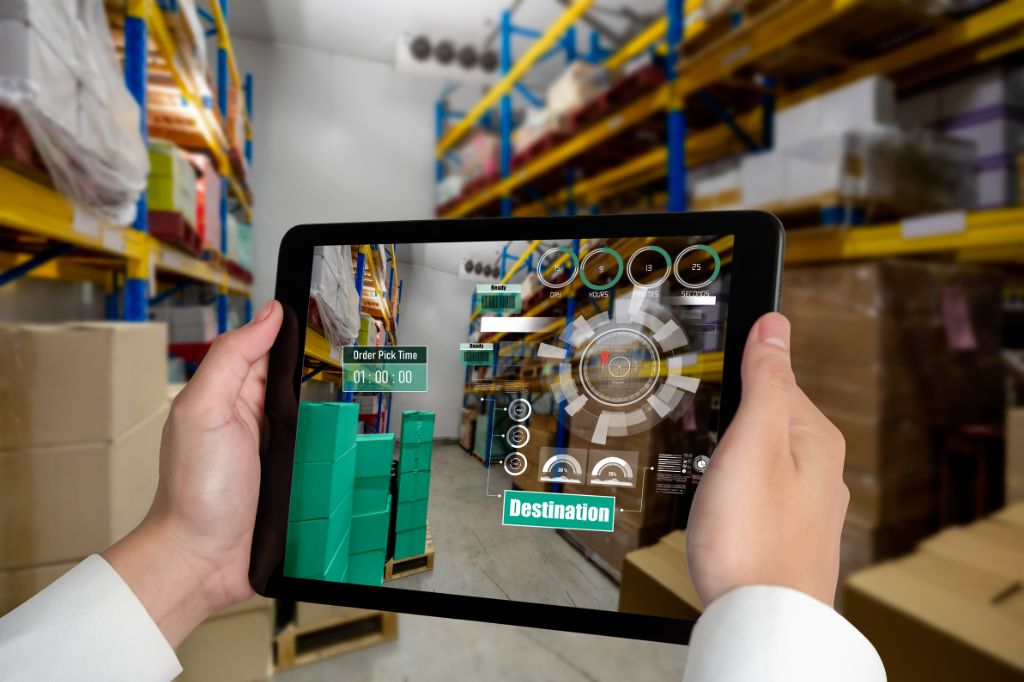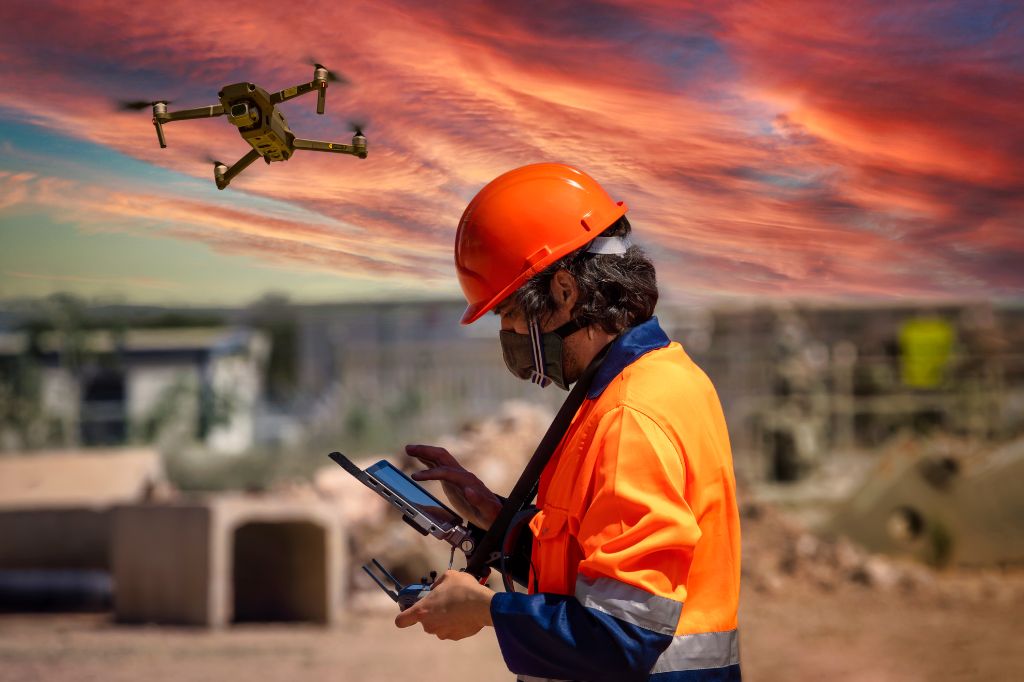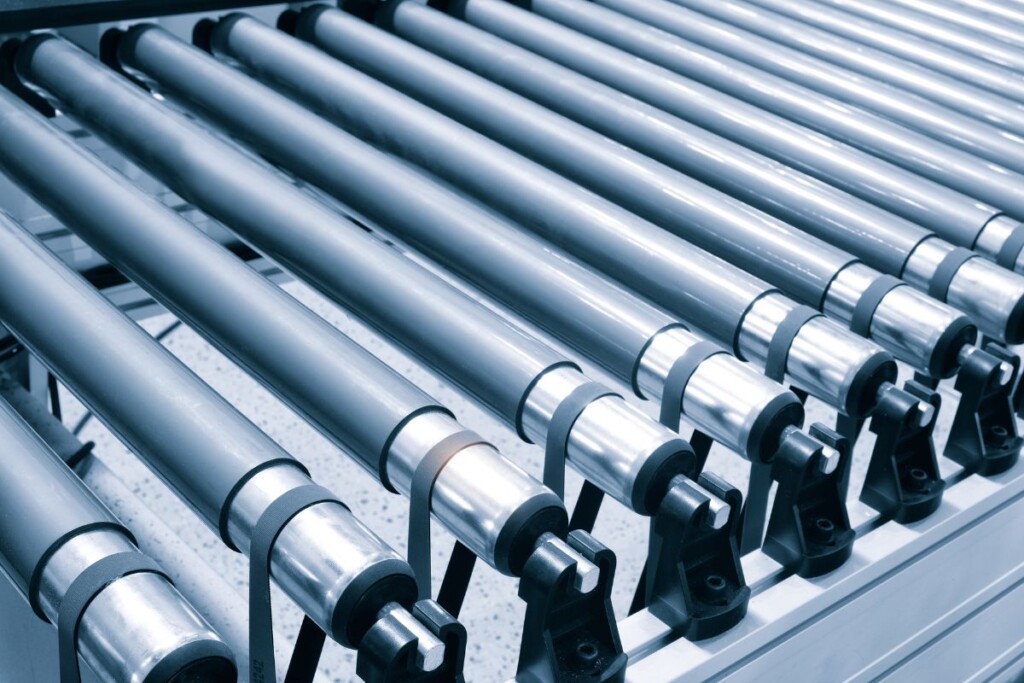
Legal and regulatory aspects in the conveyor roller industry
Reading time: < 4 minutesThe conveyor roller industry is essential across a wide variety of sectors, from logistics to manufacturing. However, to ensure its safe and efficient operation, it is crucial to comply with a series of legal aspects and regulations. In this post, we will explore the main regulatory areas that affect the manufacturing and use of conveyor rollers, focusing on Spanish legislation and regulations available in 2023.
Safety Regulations
Safety in the industry is an undisputed priority, and the manufacturing and operation of conveyor rollers are no exception. In Spain, industrial safety regulations establish specific requirements to ensure worker safety and the integrity of equipment. This includes accident prevention, protection against electrical and mechanical hazards, and proper signage in work areas
Companies that manufacture or use conveyor rollers must comply with these regulations and ensure their equipment is designed and operated safely. Failure to comply with these regulations can result in penalties and, more importantly, put workers’ safety at risk.
Quality Certifications
The quality of conveyor rollers is a critical factor in their performance and durability. In this regard, quality certifications play a vital role. In Spain, companies can seek ISO 9001 certification, which guarantees the implementation of an effective quality management system.
This certification not only serves as an indicator of product quality but can also be a contractual requirement in many industries. Conveyor roller manufacturers seeking to comply with regulations and quality expectations should consider obtaining this certification
Environmental Regulations
Sustainability and environmental responsibility are increasingly important in the conveyor roller industry. In Spain, environmental regulations aim to minimize the environmental impact of the production and operation of industrial equipment. This includes waste management, emission reduction, and responsible use of natural resources.
Conveyor roller manufacturers must comply with environmental regulations to minimize their ecological footprint and contribute to sustainable development. This involves adopting cleaner production practices and investing in environmentally friendly technologies
Compliance with Materials and Substances
The use of suitable materials and substances in the manufacturing of conveyor rollers is essential both from a quality and legal compliance perspective. In Spain, the REACH regulation (Registration, Evaluation, Authorization, and Restriction of Chemicals) governs the use of hazardous chemicals in the European Union.
Conveyor roller manufacturers must ensure that the materials used comply with these regulations and that no prohibited substances are employed. Traceability and proper documentation are essential to demonstrate compliance with these regulations
International Standards and Trade
The conveyor roller industry knows no boundaries, and international standards play a fundamental role in regulating this industry globally. In Spain, adopting international standards, such as those issued by the ISO (International Organization for Standardization), is essential to ensure compatibility and equipment quality.
Additionally, trade and customs regulations can affect companies that import or export conveyor rollers. Compliance with import and export requirements is crucial to avoid legal issues and ensure smooth international trade
Industrial Property Rights and Innovation
Innovation is an integral part of the conveyor roller industry. Manufacturers constantly seek to improve their designs and technologies to offer more efficient products. However, it is important to protect intellectual property and innovation.
In Spain, and generally in the European Union, there are regulations and mechanisms to protect intellectual property, such as patents and registered trademarks. Manufacturers must be aware of these industrial property rights and take steps to protect their innovations.
Legal Liability and Guarantees
Legal liability is a critical aspect of the conveyor roller industry. Manufacturers must ensure that their products meet applicable regulations and standards. Additionally, they must provide guarantees to back the quality and performance of their equipment.
In the event of problems or defects, guarantees play an essential role in protecting customers’ interests. It is vital for manufacturers to offer clear guarantees and fulfill their legal obligations in case of claims.
Understanding and complying with these regulations not only ensures legal compliance but also contributes to creating a safer and more sustainable environment for all involved in the conveyor roller industry.
